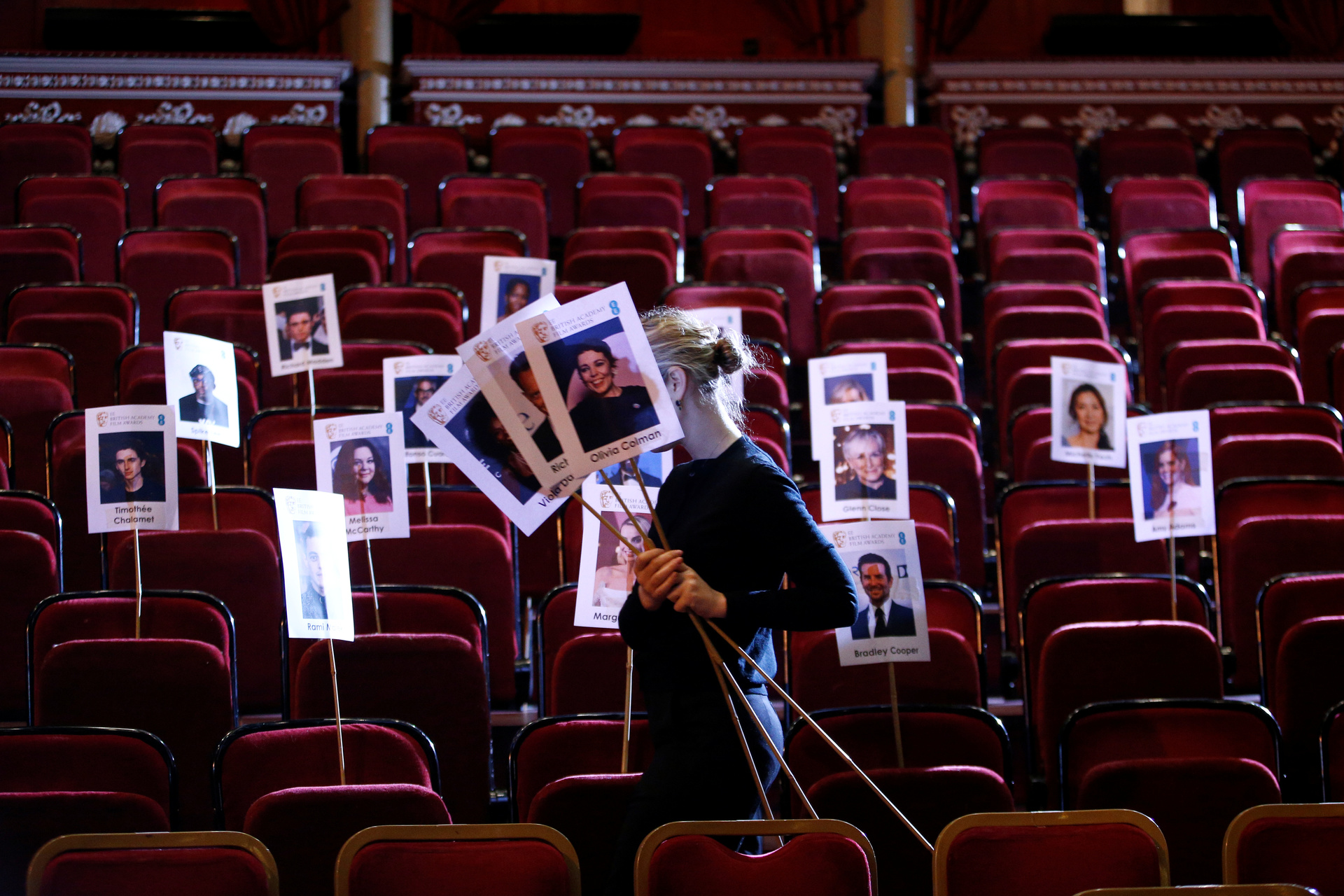On September 24, the British Academy of Film and Television Arts (BAFTA) released a list of amendments to its own rules.
They touch upon various aspects of the academy's activities related to awarding outstanding filmmakers.
"Unanimously approved by the BAFTA Council, the changes mark the beginning of a significant cultural shift at the Academy and call on the film industry to begin addressing the serious lack of opportunity and lack of equality," the academy's website said.
In early 2020, a review of the selection procedure for the best works for the BAFTA award began.
The reason for this decision, among other things, was the criticism of the ceremony that took place in January from the African British director Steve McQueen.
Only men were nominated for the Best Directing Award, and no ethnic or racial minorities were nominated for acting (other than the Rising Star Award).
As a result, a steering group was formed, which included BAFTA chairman Krishnendu Mayumdar, BAFTA Los Angeles chairman of the board Katherine Busby, actor Noel Clark and other industry figures.
For several months of work, they formed a complex of 120 measures, which are presented in the published review.
Reuters
© Toby Melville
The authors of the document stressed that the events of 2020 played an important role in the development of the amendments.
Thus, the coronavirus pandemic has had a significant impact on the film industry - at the same time, according to the steering group, it has especially affected those who are underrepresented at the BAFTA awards.
“It is clear that the same populations that have not received BAFTA recognition have been disproportionately affected in recent months.
The assassination of George Floyd, the massive Black Lives Matter protests and ongoing racial tensions in the US and elsewhere have highlighted the importance of this work, ”the survey said.
The changes will affect the composition of the academy, the selection process for BAFTA nominees and winners, and the representation of filmmakers in various categories.
Over the next two years, the academy plans to invite at least 1,000 new voting members to its ranks.
These will mainly be individuals from under-represented groups.
All members of the academy will need to complete questionnaires that will help identify in which areas of BAFTA's work there are still representation problems.
People who do not participate in the study will not be able to vote when selecting nominees and award winners.
To maintain diversity within its ranks, the organization will review its financial issues in terms of membership fees.
In addition, it is planned to make the activities of the academy more accessible to members with disabilities.
With regard to the voting process, all academics with the right to vote will have to go through the "Training of Conscious Voting Participants".
It is a specially designed program aimed at understanding the social processes that can influence the selection of films and award-winning filmmakers.
Voting will now consist of three rounds: the formation of a long list of 15 films (except for the Outstanding British Film and Best Direction categories, where 20 works will be included in the long list), selection of nominees - in different categories there can be from five up to ten - and the appointment of the winners.
The voting will be attended by members of the jury, representatives of sections on various aspects of production (musical arrangement, cinematography, editing and others).
Winners in most categories will be eligible for all voting members of the academy.
The exception is the best debut work, animation, film in a foreign language and documentary picture.
Important changes were made to nominations for directors and actors.
So, in the long list of 20 directors, ten women and men will be presented.
Six of them will receive nominations.
As for the actors, they will not be allowed to simultaneously appear in the categories of "best role" and "best supporting role" - this measure will allow academics to evaluate more work and clarify the selection process.
Reuters
© Henry NichollsGkfy
The review also contains an appeal to influential figures in the film industry.
The academy advises them to take the new recommendations into account and promote diversity.
“BAFTA is just one organization working in one of the sectors of the economy, but it is very authoritative, and its decisions in this review will have resonance outside the industry, both nationally and internationally ... This is the smallest what can be offered in response to the outstanding contribution made to this process by a large number of people, regardless of their experience of discrimination and exclusion, ”the academics say.
Earlier, new requirements for the nominees were put forward by the American Film Academy, which is responsible for the presentation of the Oscar.
The changes, which will be introduced until 2024, are designed to attract people of different racial and ethnic backgrounds, women, LGBT people and people with disabilities to the film industry.

